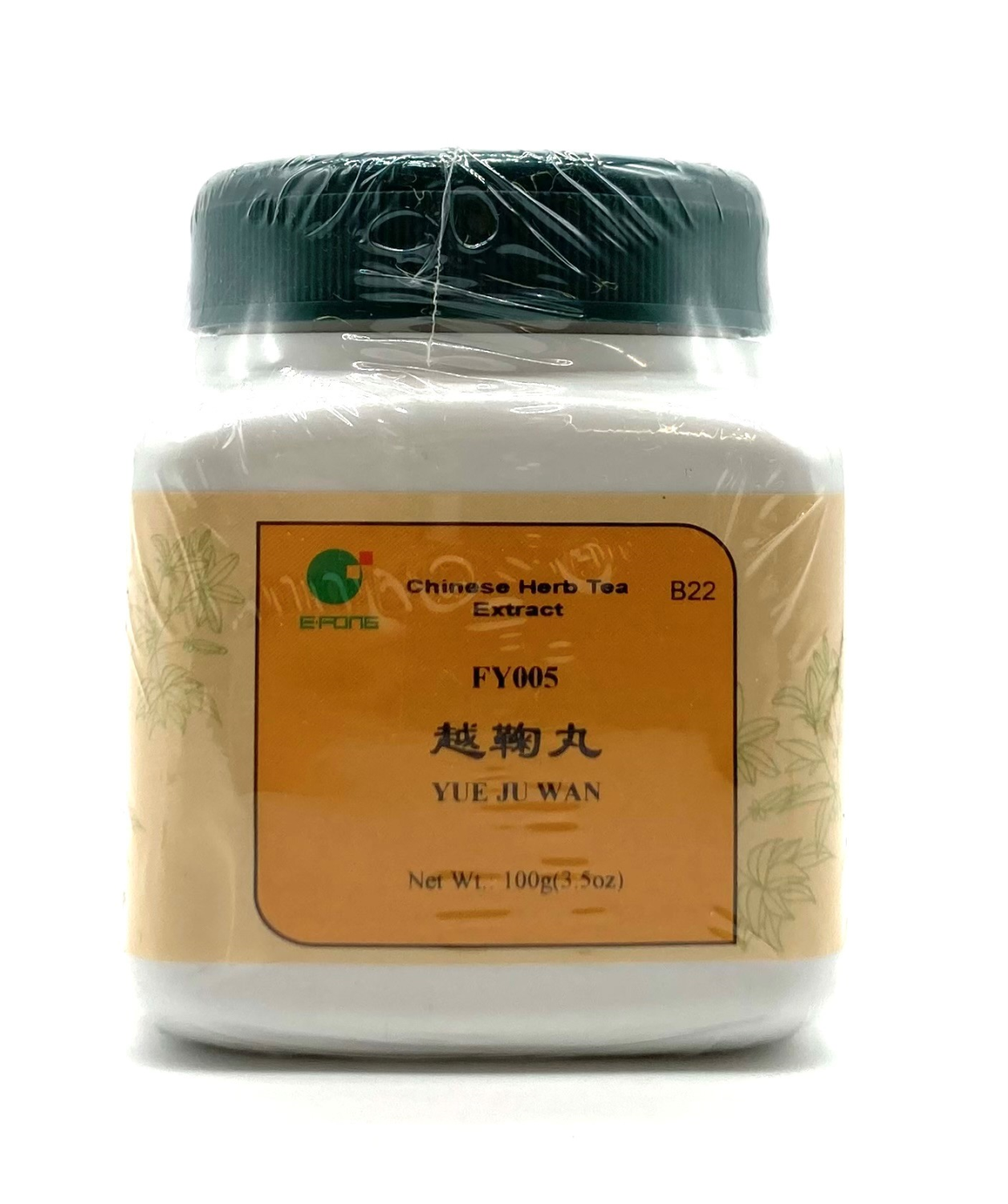| Description |
This formula is frequently used in treating mild cases of constraint due to stagnant qi. When the qi functions harmoniously both the upper and lower parts of the body work within their limits, the flow is smooth and without interruption, and disease will not occur. Irregular dietary habits, exposure to excessive cold or heat, and inordinate joy, anger, or anxiety can disrupt the normal flow of qi throughout the body. Anxiety can disrupt this function by constraining the qi, which manifests as focal distention and a stifling sensation in the chest and abdomen. The Liver is also responsible for storing the blood. When constraint of the Liver qi affects the blood, there is a stabbing, fixed pain in the chest and hypochondria. Constraint of the Liver qi may also give rise to Liver fire, which manifests as a bitter taste in the mouth and acid regurgitation. The disturbances of qi, blood, and fire that are associated with this condition are related to the Liver. Disorders of the Liver usually affect the Stomach and Spleen. Constraint of the Liver qi has an adverse influence on the transportive and transformative functions of the Spleen, and the descending and ascending functions of the Stomach. This in turn will lead to constraint of the middle burner by dampness, phlegm, and food stagnation. This formula is distinctive for its combination of different types of herbs, with the emphasis clearly on promoting the movement of qi. The different types of constraint treated by this formula are secondary to qi constraint, and the formula accordingly focuses on relieving that constraint. As explained in the source text, "When the qi and blood course harmoniously, the myriad diseases will not arise. [But] once there is constraint, all diseases may come into being. Disease in humans therefore usually arises from constraint." Bensky: Chinese Herbal Medicine Formulas and Strategies.*
|



